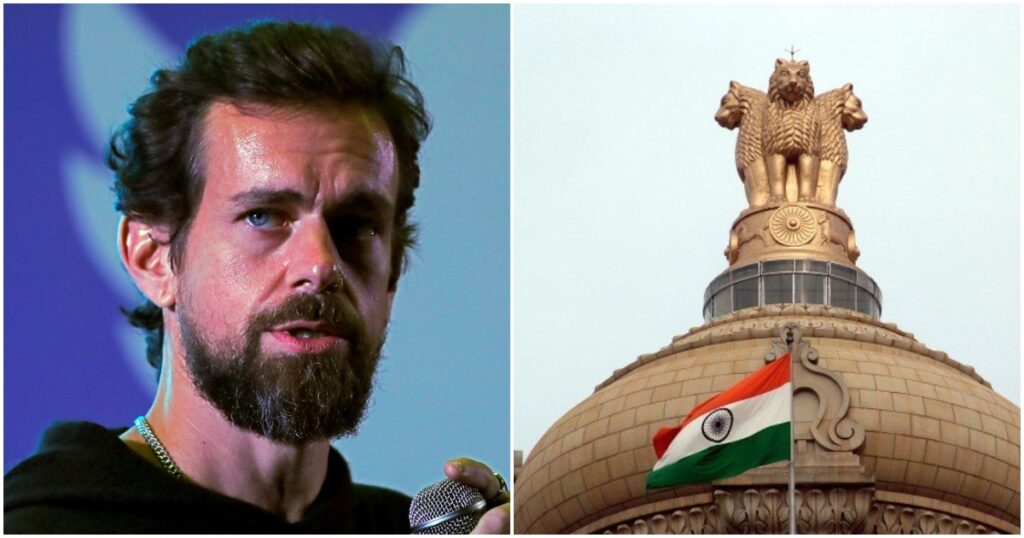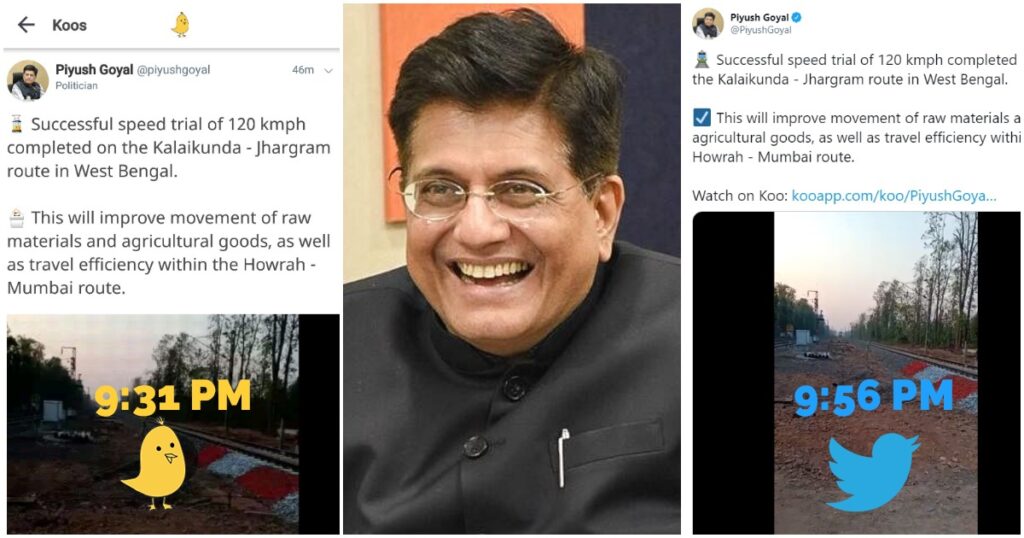Twitter and the Indian government have been at loggerheads for a while now — the Indian government wants the company to ban user accounts that had tweeted out the hashtag #ModiWantsFarmerGenocide, arguing that the assertion could have law-and-order consequences in India. Twitter, on the other hand, had briefly banned these accounts, but restored them the very same day, saying that they did not violate its own rules. Twitter has now provided a detailed explanation of how it’ll choose to deal with such situations, and its explanation shows that it’s not the accounts that need to be banned — the entire social network needs to go.


Twitter written a detailed blogpost around the Delhi violence. The blogpost says that in spite of the government asking the company to ban accounts, Twitter believes that the accounts didn’t violate Indian law, so it deemed that they could remain up. More tellingly, Twitter added an interesting caveat in a tweet. “We have not taken any action on accounts that consist of news media entities, journalists, activists, and politicians. We will continue to advocate for the right of free expression on behalf of the people we serve, and are exploring options under Indian law,” it added.
The statement is telling. Twitter has said that it didn’t take action on accounts that it deemed were of “news media entities, journalists, activists, and politicians.” With this assertion, Twitter has said it’ll apply a different standard of rules for “news media entities, journalists, activists, and politicians”, and a different standard for ordinary Indians. This flies against the Right to Equality that’s enshrined in the Article 14 Indian Constitution, which guarantees equality before law to all. The Indian Constitution guarantees every Indian the right to free speech, and doesn’t have special privileges for “news media entities, journalists, activists, and politicians.” By creating a separate class of people with special privileges, Twitter is trying to create and run a parallel justice system that thumbs its nose at the Indian constitution and justice system.
More worryingly, it appears that Twitter itself will judge who is a news media entity, a journalist, an activists, or a politician, and who is not. This gives Twitter broad powers in deciding which speech to allow and which not to — Twitter can, with no oversight, determine someone is an activist, and refuse to take down their open calls to genocide. It can also deem someone a “journalist”, and let them spread fake news with impunity.
And Twitter’s actions in the past hold clues as to how biased this process might be. Twitter asserts that it hasn’t taken action against “politicians”, but just last month, it had banned US President Donald Trump from its platform. This was in spite of there not being any evidence that Trump himself had asked for the violence, but Twitter seemed to decide that he was behind the fracas at the US Capitol, and banned him permanently.
What’s worse, Twitter’s actions might smack of open racism. The violence at the US Capitol was a large enough event for the platform to ban the sitting US President. The violence at India’s Red Fort, in which a religious flag was unfurled at the symbol of India’s sovereignty, and 400 policemen left injured, isn’t deemed serious enough to ban what it now calls “news media entities, journalists, activists, and politicians”.
And this is in spite of the Indian government specifically asking Twitter to take down accounts to prevent real-world violence. Twitter is attempting to set up a parallel government, complete with its own rules and laws in India. It might be time that the Indian government stepped in and put a stop to this blatant usurpation of power by a foreign entity.


One thought on “Twitter’s Refusal To Follow Indian Laws Shows Why It Needs To Be Banned In India”
Comments are closed.